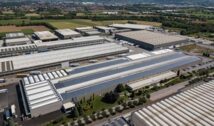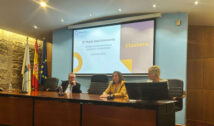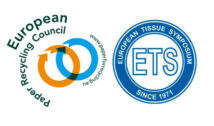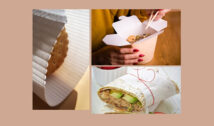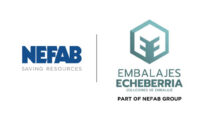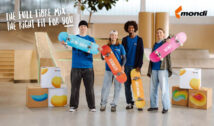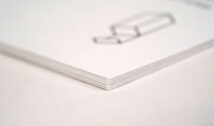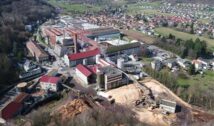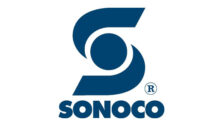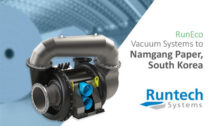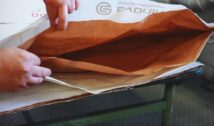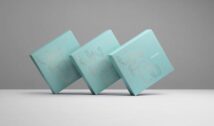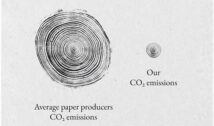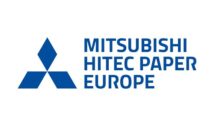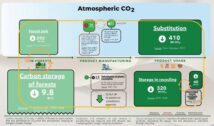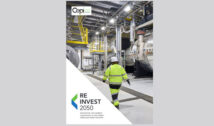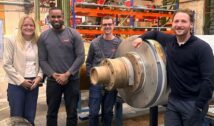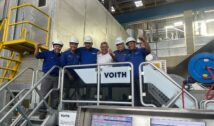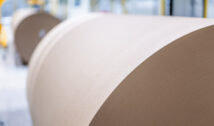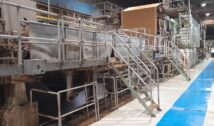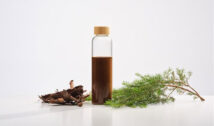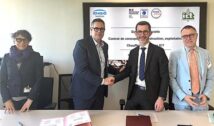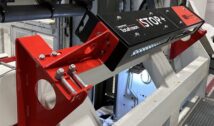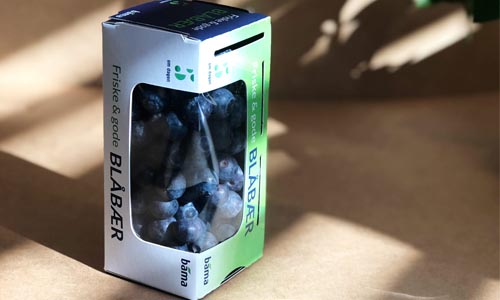
More and more companies are shifting from plastic to paperboard. The Norwegian fruit giant Bama has put all of its efforts into developing modern and smart packaging solutions that meet the tough demands necessary for goods, logistics and consumers.
“We have seen applications where paperboard is actually better than plastic,” says Øyvind Briså, company director at Bama. “The quality of the material has improved. Fruit and vegetables are sensitive because they contain so much water, but Iggesund has solutions that we are very pleased with.”
The first transition from plastic to paperboard was done with Bama’s packaging for blueberries. In addition to the new paperboards being renewable and biodegradable, Briså has seen positive effects in several other areas, such as logistics. “Take our blueberries as an example, where we have reduced the number of truck transports throughout Europe every season by approximately 100, since we can fit more packages into each carrier. By moving from plastic to paperboard, we have reduced the total climate footprint by 48.2 per cent and over 308 tonnes of plastic.”
For Bama, the change is above all about being socially responsible, and doing everything it can to offer consumers alternatives to the non-biodegradable packaging option. According to Erik Hanseid, who is the director for Bama packaging, it mainly has to do with meeting a consumer-driven demand for change.
“Consumers want to have less plastic but we can’t simply go for the first solution that comes up,” he says. “We are working actively with the design, development of the entire value chain, and are testing different types of solutions. The fibre-based alternative has to be at least as good or better than plastic. We are therefore working with leading researchers at universities to develop systems that help us with information for improvements and documentation.”
Briså agrees. “Documentation plays a big role in the work. It is important for us that our choices are not only emotional, but are also based on scientific grounds when it comes to things like carbon dioxide emissions, food waste and logistics.”
Hanseid and Briså stress the importance of finding suppliers who share their vision of a more climate-smart future with paperboard at the core.
“Iggesund makes very high-quality paperboard. It has long virgin fibres with good solidity for the berries along with hygienic surfaces. It is very important for us that Iggesund works sustainably with its entire production, from planting to manufacturing. They have knowledge and experience and in many cases are world leading in their field,” says Hanseid. And Briså adds: “Together we want to develop solutions that help with this long-term transition.”


